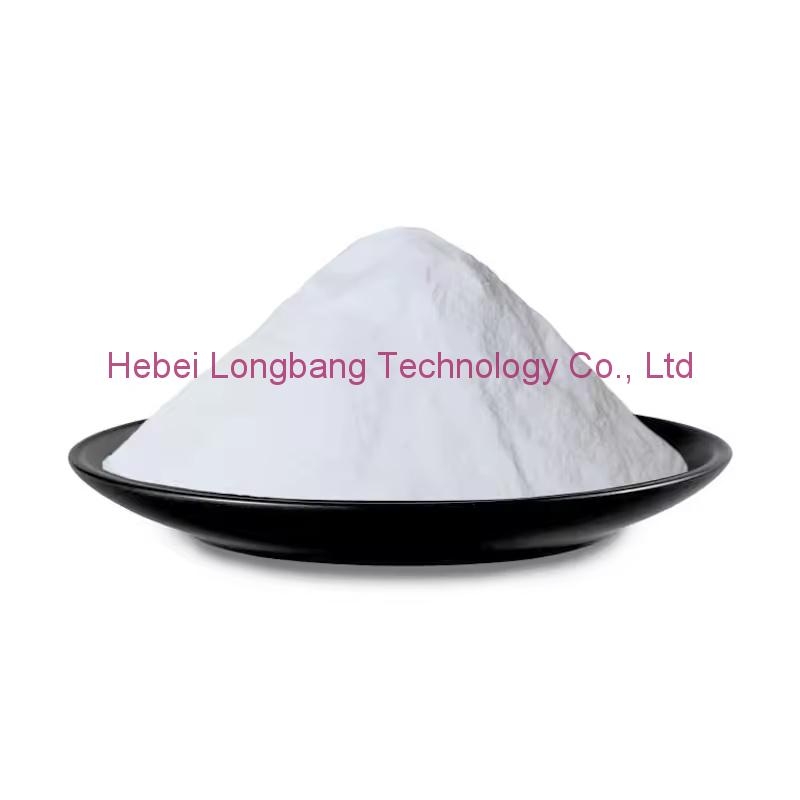-
Categories
-
Pharmaceutical Intermediates
-
Active Pharmaceutical Ingredients
-
Food Additives
- Industrial Coatings
- Agrochemicals
- Dyes and Pigments
- Surfactant
- Flavors and Fragrances
- Chemical Reagents
- Catalyst and Auxiliary
- Natural Products
- Inorganic Chemistry
-
Organic Chemistry
-
Biochemical Engineering
- Analytical Chemistry
-
Cosmetic Ingredient
- Water Treatment Chemical
-
Pharmaceutical Intermediates
Promotion
ECHEMI Mall
Wholesale
Weekly Price
Exhibition
News
-
Trade Service
The four-day negotiation of the 2022 national medical insurance drug catalogue ended in Beijing on January 8, and the final results of the negotiations are expected to be announced in the near future
.
.
Compared with the previous two years, the number of drugs participating in this medical insurance negotiation has increased significantly, with a total of 343 drugs passing the formal review, including 198 new varieties of drugs outside the list and 145 varieties of drugs renewed in the list
.
During the four-day negotiations, the first day focused on antiviral, respiratory, and narcotic drugs; 6 days focus on cardiovascular, orthopedic and immune disease drugs; The focus on the 7th was on rare diseases and tumors, which was one of the focuses of this negotiation; The last day of negotiations focused on proprietary Chinese medicine
.
.
During the four-day negotiations, the first day focused on antiviral, respiratory, and narcotic drugs; 6 days focus on cardiovascular, orthopedic and immune disease drugs; The focus on the 7th was on rare diseases and tumors, which was one of the focuses of this negotiation; The last day of negotiations focused on proprietary Chinese medicine
.
Two new rules pioneered by national health insurance negotiations this year have attracted much attention
.
Among them, "simple renewal" refers to drugs that expire on December 31, 2022, and meet the five conditions of exclusive drugs and the actual expenditure of the fund during the agreement period does not exceed 200% of the budget, which can be simply renewed
.
Industry insiders believe that this will help streamline the negotiation process and improve the efficiency
of contract renewal.
"Non-exclusive drug bidding" means that if a drug is included in the drug list through bidding, the lowest of the quotations of each enterprise is taken as the payment standard
for the generic drug.
This means that if one pharmaceutical company participating in the "non-exclusive drug bidding" offers a lower price, other pharmaceutical companies will also enter the medical insurance
at a low price.
.
Among them, "simple renewal" refers to drugs that expire on December 31, 2022, and meet the five conditions of exclusive drugs and the actual expenditure of the fund during the agreement period does not exceed 200% of the budget, which can be simply renewed
.
Industry insiders believe that this will help streamline the negotiation process and improve the efficiency
of contract renewal.
"Non-exclusive drug bidding" means that if a drug is included in the drug list through bidding, the lowest of the quotations of each enterprise is taken as the payment standard
for the generic drug.
This means that if one pharmaceutical company participating in the "non-exclusive drug bidding" offers a lower price, other pharmaceutical companies will also enter the medical insurance
at a low price.
Anticancer drugs and rare disease drugs are the focus of this medical insurance negotiation, with 6 PD-1 antitumor drugs and 19 rare disease drugs participating in the negotiations
.
Experts said that in recent years, more and more innovative drugs have participated in medical insurance negotiations, on the one hand, more people can use good drugs as soon as possible, on the other hand, it is also necessary to consider leaving profit margins to encourage enterprise research and development
.
.
Experts said that in recent years, more and more innovative drugs have participated in medical insurance negotiations, on the one hand, more people can use good drugs as soon as possible, on the other hand, it is also necessary to consider leaving profit margins to encourage enterprise research and development
.
For the widely concerned new crown treatment drugs, the head of the Department of Pharmaceutical Administration of the National Medical Insurance Administration said on the 8th that the 3 drugs that entered the negotiation, azvudine tablets, lung cleansing and detoxification granules were successfully negotiated, and the combination packaging of Pfizernematevir tablets / ritonavir tablets was unsuccessful
due to high quotations.
After negotiation, there were more than 600 kinds
of drugs in the national medical insurance drug list to treat fever, cough and other new crown symptoms.
due to high quotations.
After negotiation, there were more than 600 kinds
of drugs in the national medical insurance drug list to treat fever, cough and other new crown symptoms.
The National Health Insurance Administration and other four departments have clarified that the temporary payment policy of medical insurance for the new crown treatment drugs included in the new crown diagnosis and treatment plan will be implemented until March 31
, 2023.
Recently, local medical insurance departments have also combined local conditions to temporarily include a batch of new crown symptomatic treatment drugs into the coverage of medical insurance payment in their regions
.
In general, medical insurance reimburses a wide
range of drugs for the treatment of new coronavirus infection.
In the next step, the National Health Insurance Administration will make every effort to adjust the medical insurance drug list, include more new drugs and good drugs in the medical insurance drug list, and effectively reduce the burden of
medical treatment for the masses.
, 2023.
Recently, local medical insurance departments have also combined local conditions to temporarily include a batch of new crown symptomatic treatment drugs into the coverage of medical insurance payment in their regions
.
In general, medical insurance reimburses a wide
range of drugs for the treatment of new coronavirus infection.
In the next step, the National Health Insurance Administration will make every effort to adjust the medical insurance drug list, include more new drugs and good drugs in the medical insurance drug list, and effectively reduce the burden of
medical treatment for the masses.







